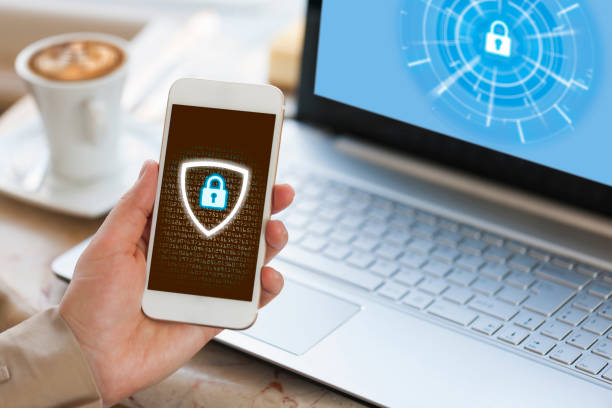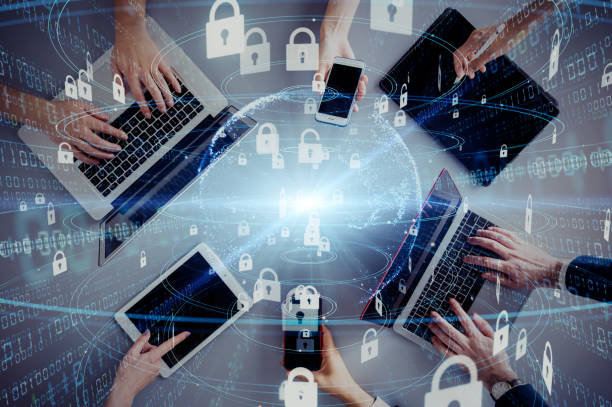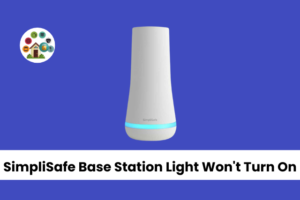Contents
- 1 Introduction
- 2 The Ahmadiyya of Digital Privacy
- 3 Strong login password
- 4 Two-factor authentication (2FA)
- 5 Secure your Wi-Fi network
- 6 Data encryption techniques
- 7 Regular software updates
- 8 Be aware of phishing scams
- 9 Using Privacy-Focused Browsers
- 10 Social Media Privacy Settings
- 11 Cloud storage security
- 12 Data breach awareness
- 13 Safe online shopping methods
- 14 Secure mobile devices
- 15 Ethical use of technology
- 16 Conclusion
Introduction
Today we discuss Technology and Privacy In today’s digital world, technology and privacy are intertwined. Every day we use new gadgets and applications, but with it the security of our personal data and information has become a concern.
It is important to understand both the benefits of technology and the risks to privacy, so that we can protect our digital lives. In this article, we will discuss in detail the latest technology and privacy practices and tools that will help you keep your digital life safe.
The Ahmadiyya of Digital Privacy

Digital privacy has become an important issue nowadays. When we share our personal information over the Internet, that information can sometimes be misused. Therefore, it is important to understand and protect digital privacy. Every website and app you use collects your data.
If you do not protect your data, it is possible for hackers and cybercriminals to misuse the data. It is also important to understand and read privacy policies and terms and conditions, so that you know where and by whom your data is being used.
Strong login password
Strong passwords are an important aspect of digital privacy. Weak passwords that are easy to guess can put your accounts at risk. A combination of letters, numbers, and special characters makes a good password.
It’s also important to change passwords regularly and use unique passwords for each account. Password manager tools can also simplify this process, helping you to securely store and manage your passwords.
Two-factor authentication (2FA)
Two-factor authentication (2FA) is another important layer to enhance your digital security. By using this feature you can give your accounts extra protection.
When you enable 2FA, you must complete an additional verification step with your password to log in, such as an OTP (one-time password) sent to your phone. is This extra step can protect your account from unauthorized access.
Secure your Wi-Fi network
Securing your Wi-Fi network is also part of protecting privacy. If your Wi-Fi network is unsecured, any individual nearby can access your Internet connection and it is difficult to intercept your personal data.
Wi-Fi networks must be password protected and encryption enabled. Using advanced encryption standards such as WPA3 (Wi-Fi Protected Access 3) can also increase your network security.
Data encryption techniques

Data encryption techniques are critical to protecting your digital data. Encryption is the process of converting data into an unreadable format, so that an authorized user can read the data.
By using encryption techniques, you protect your sensitive information, such as personal documents, financial information, and health records. End-to-end encryption is also used in messaging apps, which secures communications.
Regular software updates
Software updates also help maintain your digital privacy and security. Software companies regularly release updates that fix security vulnerabilities.
If you don’t update your software and apps, you could be vulnerable to security flaws and bugs. Regular updates ensure that your systems are updated with the latest security patches and improvements.
Be aware of phishing scams
Phishing scams are a common cyber threat designed to steal your personal information. These scams involve fake emails, messages, or websites that trick you into sharing sensitive information.
You should always be alert and verify emails or messages from unknown sources before opening them. To avoid phishing attacks, you should avoid suspicious links and attachments.
Using Privacy-Focused Browsers
Privacy-focused browsers can prevent your online activities from being tracked and make your browsing experience safer. These browsers block tracking cookies and ads and increase your online privacy.
Using privacy-focused browsers can protect your personal data from unauthorized access. Browsers like Bahadur and Tor provide privacy features that protect your browsing data.
Social Media Privacy Settings
It is also important to manage your privacy settings on social media platforms. Sharing personal information similar to social media accounts can put your privacy at risk.
You can control with whom your information is shared by adjusting the Platform’s privacy settings. It is necessary to regularly update and review privacy settings to protect your personal data from unauthorized access.
Cloud storage security
Cloud storage services provide a convenient way to store your data online, but they also come with security concerns. It’s important to review the cloud storage providers you choose, their security measures and encryption methods.
You should encrypt your cloud data and use strong passwords. Data backup should also be maintained so that recovery is possible in cases of data loss.
Data breach awareness
Data breaches are a common threat that can compromise your personal information. Companies and services you use may also be victims of data breaches.
It is important to regularly report infringements and update your accounts. If you discover a service data breach, it’s important to change your account passwords and monitor affected accounts.
Safe online shopping methods
When shopping online, you should keep your payment information secure. Practicing safe online shopping can help you avoid fraud and identity theft.
Trusted e-commerce websites and payment gateways should be used and credit/debit card information should be kept secure. In the age of online shopping, secure payment methods and encrypted connections are a must.
Secure mobile devices

Mobile devices are in everyone’s possession these days and their security is equally important. Mobile devices should be password protected and biometric authentication should be used. While installing apps, check their permissions carefully and deny unnecessary permissions. Regular updates and security patches help keep mobile devices secure.
Ethical use of technology
Ethical use of technology is also part of protecting privacy. Technology should be deployed in a responsible manner and should not invade anyone’s privacy.
When managing online behavior and digital footprint, you must follow ethical practices. It is important to maintain respect and responsibility when using technology, to protect your privacy and that of others around the world.
Conclusion
Technology and Privacy Technology and privacy are closely related, and managing the two is essential to securing your digital life. By adopting practices like strong passwords, 2FA, encryption, and regular updates, you want to increase your digital security.
Maintaining digital privacy requires awareness and responsible behavior. How can you keep your digital life safe and secure, and take advantage of technology without compromising privacy?





